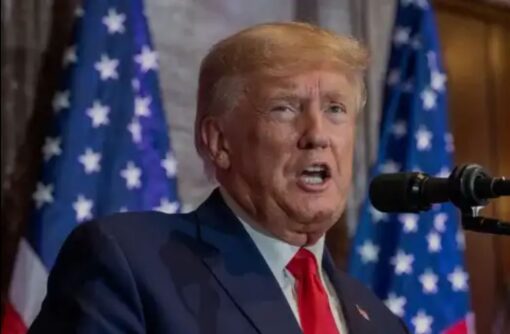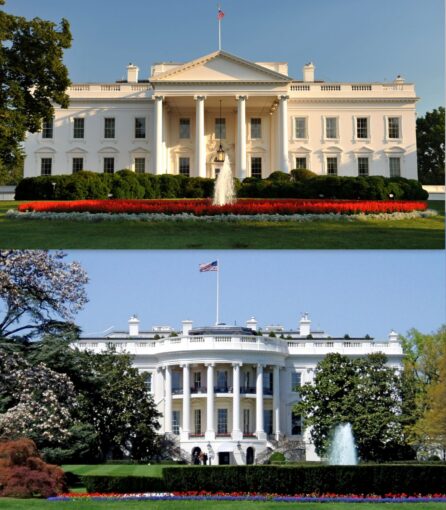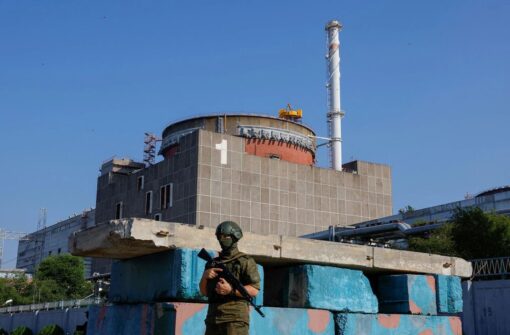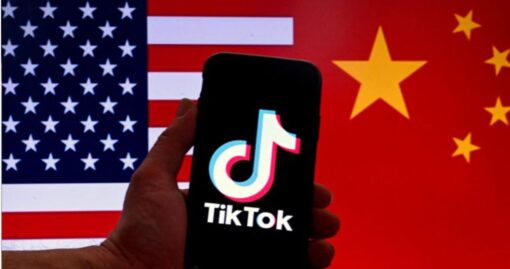The government shutdown crisis is affecting healthcare, food assistance, and social security as Democrats and Republicans clash over federal funding.
The United States is facing a government shutdown crisis, leaving millions of Americans affected as federal agencies halt operations due to a failure to extend federal funding.
The shutdown has created disruptions across essential services, including healthcare, food assistance, and social security programs, highlighting the real-life impact of ongoing political deadlock.
The White House has placed responsibility on Democrats, stating that their policy priorities are driving the shutdown. A recent statement described the impasse as the result of political disagreements that compromise public welfare.
Officials emphasized that the administration is focused on maintaining essential services while refusing to yield to what they describe as “unrealistic demands” from the opposition.
According to the administration, the shutdown is affecting key programs for vulnerable populations.
Food assistance programs for low-income women, infants, and children have been disrupted, and Medicare patients are experiencing interruptions in inpatient home care and telehealth services.
Travel delays are expected, and social security services may be temporarily suspended. Local contractors and businesses that rely on federal funding are also impacted, showing how the shutdown ripples across the economy.
Former Vice President Kamala Harris, a 2024 presidential candidate, has countered these claims, insisting that Republicans bear responsibility.
Harris emphasized that the White House, House, and Senate are all under Republican control, tweeting, “Republicans are in charge of the White House, House, and Senate. This is their shutdown.”
Democrats argue that their proposals aim to protect public programs rather than create a crisis, highlighting the tension between policy priorities and partisan politics.

The Trump administration also criticized Democratic proposals, noting that some plans could result in nearly $200 billion in additional spending over the next decade, primarily to provide healthcare for undocumented immigrants and other non-citizens.
Officials argue that these expenditures contribute to the government shutdown crisis, creating unnecessary financial pressure while leaving critical programs vulnerable.
Economists warn that the government shutdown crisis could have broader economic consequences. Federal employees face furloughs or delayed paychecks, which disrupt household finances.
Contractors and local governments reliant on federal payments may experience project delays and budget shortfalls.
Analysts also note that prolonged shutdowns can slow economic growth and reduce public confidence in government institutions.
Public opinion reflects growing frustration with the ongoing stalemate. Many Americans express concern about interruptions to essential services, including healthcare, social security, and food assistance.
Citizens increasingly view the crisis as a political deadlock that prioritizes partisan conflict over public welfare.
The White House maintains that Democrats’ policy priorities are extreme, framing the shutdown as a result of ideological disagreement rather than governance failure.

Officials assert that Republicans will not be “held hostage” by partisan disputes and insist they are committed to protecting key programs.
Democrats, however, maintain that Republican intransigence is preventing a viable solution and emphasize the importance of protecting vulnerable communities.
The government shutdown crisis has impacts beyond federal operations. Economic sectors reliant on government funding, such as healthcare, education, and transportation, are under strain.
Local governments may delay projects or cut programs due to budget constraints. Financial markets are also affected by uncertainty, adding further economic pressure.
Experts warn that the longer the government shutdown crisis continues, the more severe its consequences will be.
Millions of Americans, especially children, seniors, and low-income families, are reliant on federal programs that are now disrupted.
The political deadlock demonstrates how partisan conflict can translate into tangible hardships for citizens.
Republicans argue that Democrats are using the crisis to advance specific policy goals, while Democrats contend that Republican leadership is obstructing legislation to impose its agenda.
The standoff reflects the difficulty of negotiating federal funding agreements in a divided government, underscoring the challenges of governance in a highly polarized political environment.
The administration also emphasizes that proposed Democratic expenditures could significantly increase federal spending, adding to long-term fiscal concerns.
Democrats, meanwhile, stress that funding social programs and protecting public services is essential and non-negotiable, framing their position as a defense of the American public rather than partisan politics.
Ultimately, the government shutdown crisis demonstrates the tangible effects of political deadlock on public services and economic stability.
With both parties entrenched, millions of Americans are experiencing interruptions to programs they rely on for daily life.
Analysts caution that without compromise, the shutdown could extend, deepening public frustration and eroding confidence in federal institutions.
The ongoing government shutdown crisis serves as a stark reminder of how partisan conflict in Washington can directly impact citizens’ lives.
From healthcare to social welfare, the consequences of stalled federal funding are felt nationwide, highlighting the urgency for political leaders to find common ground.
More news at swiftreportnow


